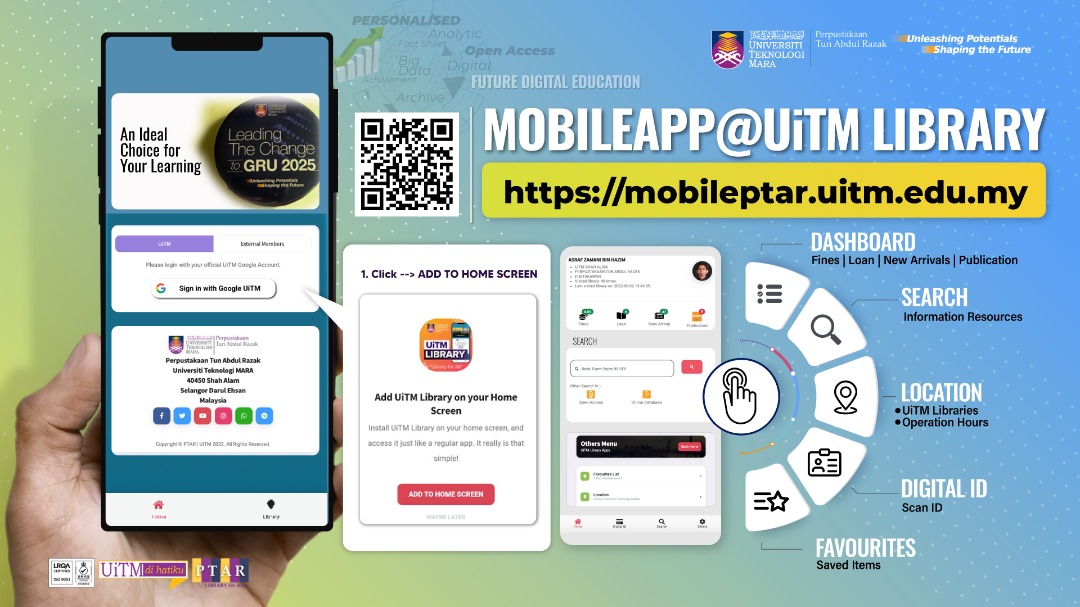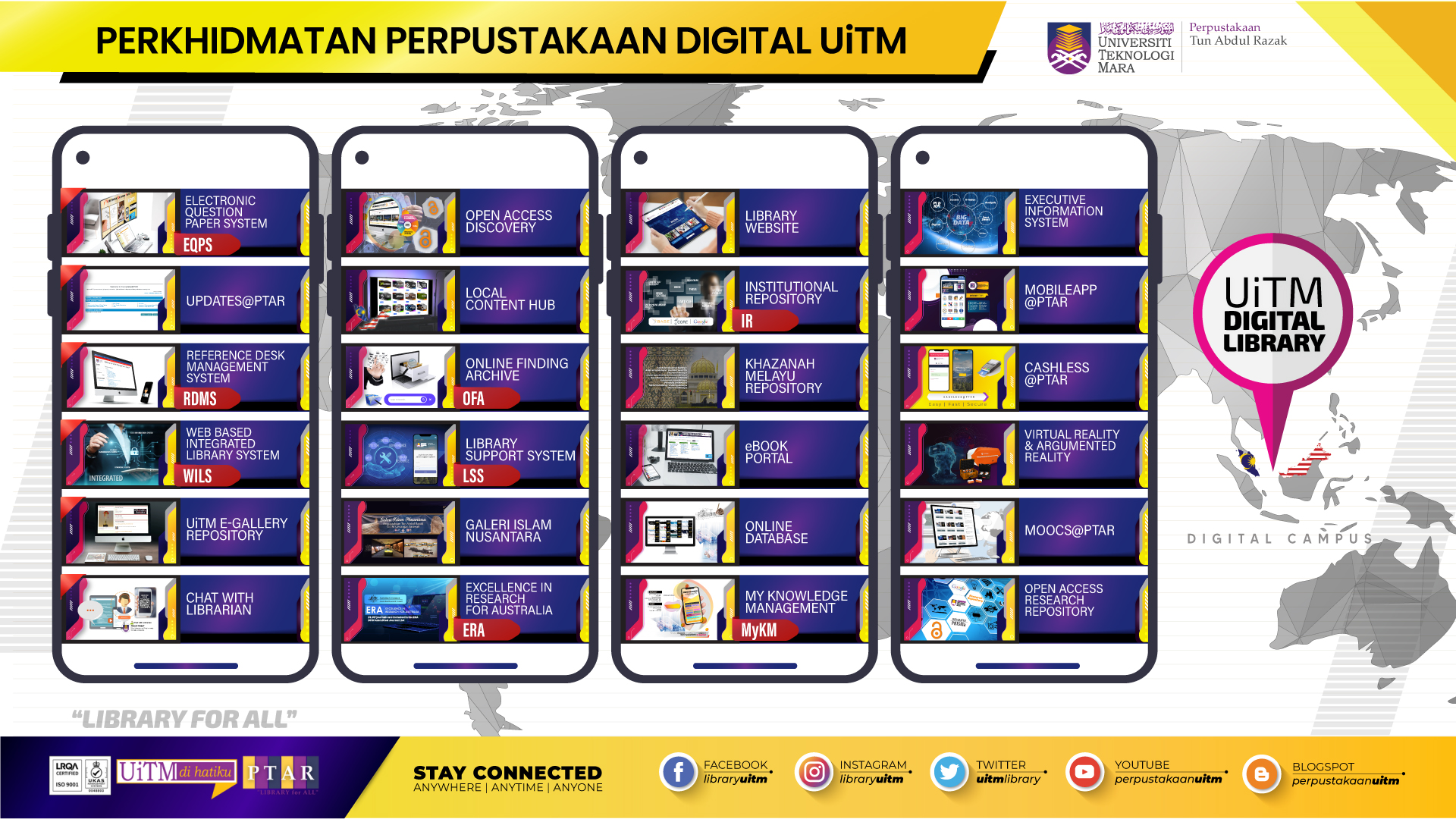http://www.arl.org/pp/ppcopyright/codefairuse/index.shtml
View/download the Code of Best Practices in Fair Use
The Association of Research Libraries (ARL) recently released its own Code of Best Practice in Fair Use for Academic and Research Libraries. Supported by a grant from The Andrew W. Mellon Foundation, the code:
enhances the ability of librarians to rely on fair use by documenting the considered views of the library community about best practices in fair use, drawn from the actual practices and experience of the library community itself.
The Code was developed after a series of in-depth interviews with 65 librarians at academic and research institutions. It identifies the relevance of fair use in eight recurrent situations:
- Supporting teaching and learning with access to library materials via digital technologies
- Using selections from collection materials to publicize a library’s activities, or to create physical and virtual exhibitions
- Digitizing to preserve at-risk items
- Creating digital collections of archival and special collections materials
- Reproducing material for use by disabled students, faculty, staff, and other appropriate users
- Maintaining the integrity of works deposited in institutional repositories
- Creating databases to facilitate non-consumptive research uses (including search)
- Collecting material posted on the web and making it available
Most of these issues have relevance for the school library community as well.
This new code joins several others as part of a project of the School of Communication at American University Center for Social Media in Washington, DC, successfully serving to clarify how professionals might apply fair use to improve their practice using the tools of our time.
Existing codes include:
- Code of Best Practices in Fair Use for Media Literacy Education
- Code of Best Practices in Fair Use for Online Video
- Code of Best Practices in Fair Use for OpenCourseWare
- Documentary Filmmakers’ Statement of Best Practices in Fair Use
- Code of Best Practices in Fair Use for Scholarly Research in Communication
- Code of Best Practices in Fair Use for Poetry
- Society for Cinema and Media Studies’ Statement of Fair Use Best Practices for Media Studies Publishing
- Society for Cinema and Media Studies’ Statement of Best Practices in Fair Use in Teaching for Film and Media Educators
- Best Practices in Fair Use of Dance-related Materials
Patricia Aufderheide, University Professor in the School of Communication at American University and Director of the Center for Social Media notes
Librarians can now join other communities of practice that have designed such codes. They have been able to reduce market friction and meet mission with the confidence that they are acting within the best practices of their peers.
Download the code and follow #librarianscode on Twitter for further information.
And see my older posts relating to the release of the Code of Best Practices in Fair Use for Media Literacy Education:
- Code of Best Practices in Fair Use: The Webinar
- Fair Use Code of Practice coming very soon!
- New Fair Use Code of Practice: A Call to Action
via : http://www.arl.org/pp/ppcopyright/codefairuse/index.shtmlFAQ for Librarianshttp://www.arl.org/pp/ppcopyright/codefairuse/faq-libs.shtmlFAQ for Students
http://www.arl.org/pp/ppcopyright/codefairuse/faq-students.shtml
Frequently Asked Questions
Download a PDF of this FAQ
- What is copyright? How is it different from using proper attribution and avoiding plagiarism?
- What is fair use?
- What about creative commons materials? Licensed materials (as opposed to books the library owns)? Does fair use always apply the same way to everything?
- Why would a student need fair use? What kinds of things might I do that involve my fair use rights?
- There are lots of guidelines on how much we can use under fair use. The 1976 Classroom Guidelines, for example, look very official. I can't exceed those rules, can I? How do I navigate the sea of guidelines and "rules of thumb" for fair use that I find online?
- How do I know whether my use of copyrighted material in my own scholarship and class projects is fair?
- How can I use material that I get from e-reserves or CMS (Blackboard, Moodle, etc.) sites? Is it free or “public domain” now that my professor has posted it for me there?














